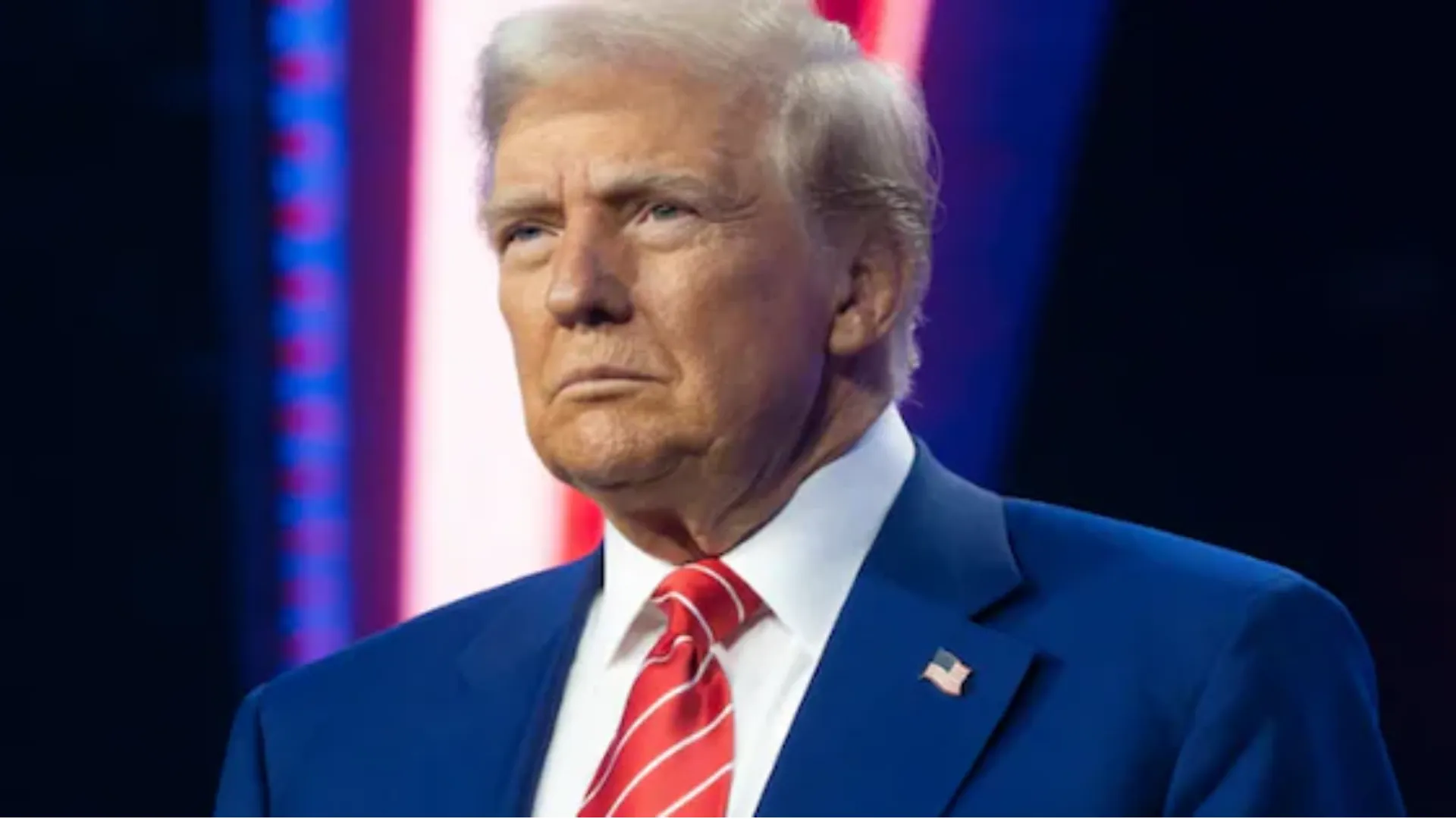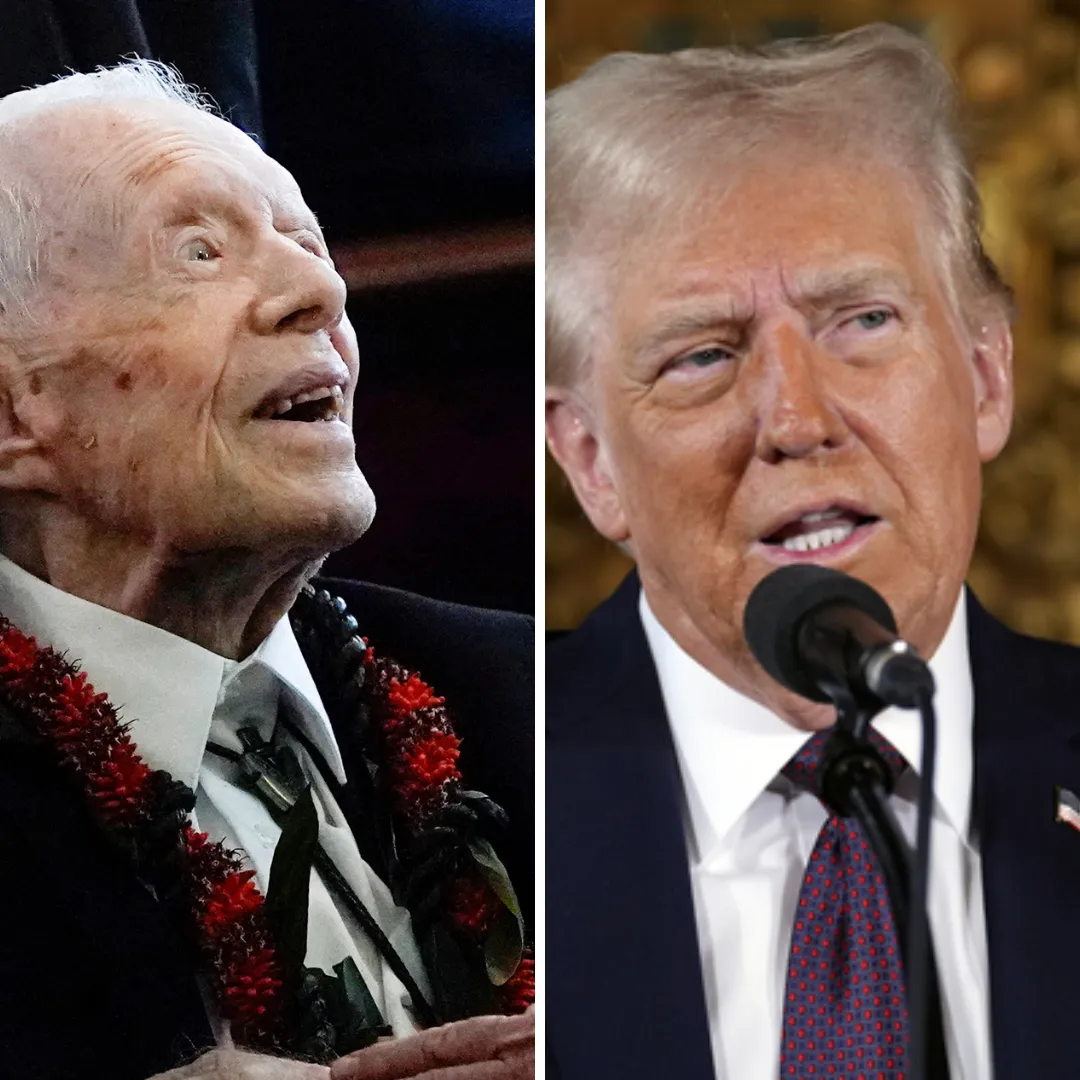
New York City Mayor Eric Adams has confirmed that he will meet with President-elect Donald Trump’s “border czar,” Tom Homan, to discuss plans for the incoming administration’s aggressive deportation initiatives.
Speaking on MSNBC’s Morning Joe on Thursday, Adams revealed that the meeting is scheduled for December 12. “I am looking forward to sitting down and speaking with the border czar next week. I want to hear the actual plan, how we are going to operationalize this effort,” Adams stated.
Tom Homan, a former Immigration and Customs Enforcement (ICE) official, has been tapped by Trump to spearhead efforts to address border-related issues, including migrant crime and unaccompanied children.
Homan has vowed to implement measures to safeguard public safety while also protecting vulnerable youth. Earlier this week, Homan expressed his intent to engage with Adams, who has previously raised concerns about undocumented migrants with criminal histories residing in New York City.
“I plan on calling him either tonight or first thing in the morning. I certainly will meet with him. I’m looking for partnerships. I’m not looking for enemies,” Homan said during an appearance on NewsNation’s CUOMO on Tuesday.

New York City has reportedly become a focal point in the broader immigration debate, with an estimated 60,000 undocumented migrants wanted for deportation. Among these, over 1,000 individuals are suspected of being affiliated with gangs, fueling concerns about public safety.
Mayor Adams, a Democrat, has notably taken a different approach than many of his party colleagues in sanctuary cities, showing a willingness to engage with federal authorities on immigration enforcement.
President-elect Trump, who campaigned heavily on promises to crack down on illegal immigration, has repeatedly pledged to launch what he describes as “the largest deportation program in American history.”
At nearly every rally during the election cycle, Trump emphasized his intention to target undocumented immigrants, particularly those with criminal records. The incoming administration’s strategy includes enlisting local police departments to support federal immigration efforts.
However, this approach will require significant collaboration with local jurisdictions, many of which have historically resisted such federal initiatives.

Homan has indicated that his efforts will prioritize building partnerships at the state and local levels to ensure the program’s success.
Despite the logistical and political challenges, Adams appears open to exploring opportunities for collaboration, signaling a potential shift in how New York City, a traditional sanctuary city, engages with federal immigration authorities.
As the December 12 meeting approaches, all eyes will be on Adams and Homan to see whether their discussion leads to actionable plans or further fuels the contentious debate over immigration policy in the United States.
The meeting marks a pivotal moment in the early days of Trump’s incoming administration and the future of immigration enforcement nationwide.



